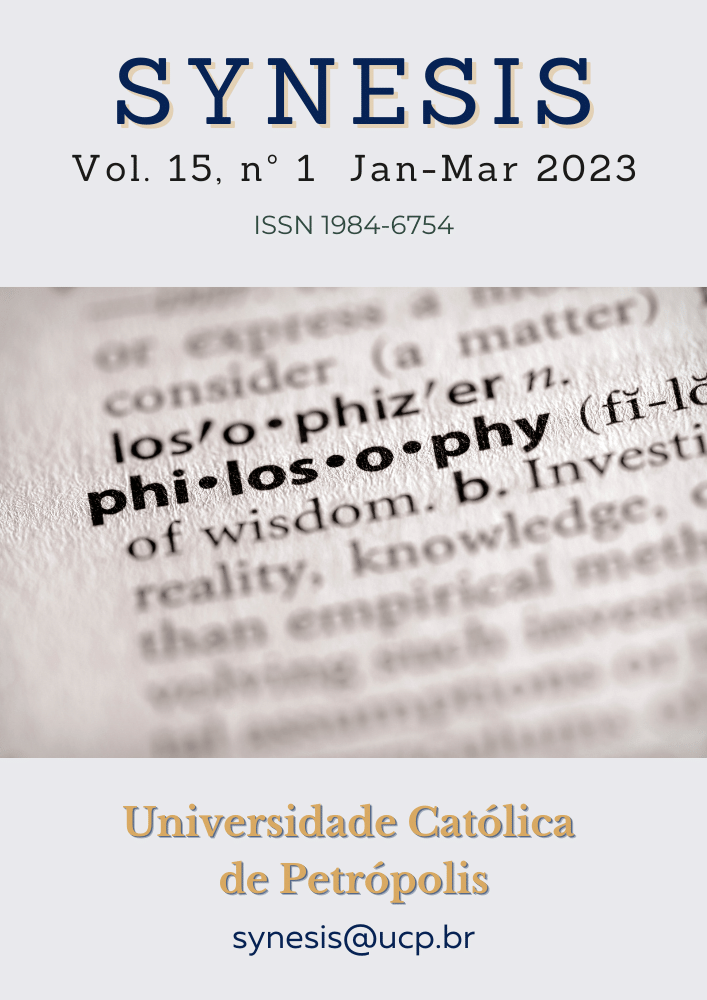Abstract
The topic of public policy is increasingly being addressed in a society where scrutiny of government action is increasing. With the inclusion of a wide variety of authors, this article seeks to show a new side of them. The objective, then, is to analyze and explain how public policies emerge, as well as what is the role of the various institutions in them. To achieve the objective, the method of reviewing the various existing literatures was used. At the end of this article it can be better understood that the emergence of a policy is not at all random. In theoretical terms the article is able to present several central points in the theme, associating alternative currents, which are also important. The results obtained from the article are a very complete explanation of how public policies emerge, in a clear and perceptible way to all readers.
References
Almond, G. & Powell, G. (1966). Comparative Politics: A Developmental Approach. Little Brown.
Alves, A. & Moreira, J. (2004). O Que é a Escolha Pública? Para uma Análise Económica da Política. Principia.
Apostolache, M. C. (2015). The relevance of the European regulations regarding the improvement of transparency and integrity in local public administration. Juridical Tribune, 5(1), 90-98.
Arrow, K. (1974). Rationality: Individual and Social. In The Limits of Organization. W.W. Norton.
Axelrod, R. (1984). The Problem of Cooperation. In The Evolution of Cooperation. XX: Basic Books.
Carruthers, I. & Stoner, R. (1981). Economic aspects and policy issues in groundwater development (494). Staff working paper No. 496. Washington, DC: World Bank.
Correia, P. (2011) Sobre o SIADAP, a Teoria Institucional e o Ministério da Justiça em Portugal. Scientia Iuridica, 60(325), 101–130.
Correia, P. (2012). O impacto do Sistema Integrado de Gestão e Avaliação do Desempenho da Administração Pública (SIADAP) na satisfação dos colaboradores – o caso dos serviços do Ministério da Justiça em Portugal. Lisboa: Universidade Técnica de Lisboa (Tese de Doutoramento em Ciências Sociais na Especialidade de Administração Pública).
Correia, P. & Garcia, B. (2019). Elinor Ostrom - A Teoria das Instituições Duradouras. Em Grandes Pensadores da Gestão. Instituto Superior de Ciências Sociais e Políticas, Universidade de Lisboa.
Correia, P., Pinto, R., Garcia, B., & Dias, M. (2015). Teoria institucional e o poder dos dirigentes dos hospitais em Portugal, parte III: comparação com outros setores de atividade. Jornal Brasileiro de Economia da Saúde, 7(3), 135-141.
Correia, P. M. A. R., Mendes, I., & Bilhim, J. A. (2019). As redes de colaboração como fator inovador na implementação de políticas públicas. um enquadramento teórico com base na nova governação pública. Lex Humana, 11(2), 143-162.
Correia, P. M. A. R., Mendes, I., Dias, I., & Pereira, S. (2020). A evolução do conceito de serviço público no contexto das mudanças de estado e concessões político-administrativas: uma visão aglutinadora. Revista da FAE, 23(1), 45-64.
Correia, P. M. A. R., Pereira, S., Mendes, I., & Subtil, I. (2022). COVID-19 Crisis management and the Portuguese regional governance: Citizens perceptions as evidence. European Journal of Applied Business Management, 8(1), 1-12.
Davitkovski, B., Pavlovska-Daneva, A., Shumanovska-Spasovska, I., & Davitkovska, E. (2018). Independent bodies as a model of organization of the public administration. Juridical Tribune, 8(2), 453-476.
Dye, T. (1995). Understanding Public Policy (9). Prentice-Hall.
Fernandes, A. (2008). Economia Pública: Eficiência Económica e Teoria das Escolhas Colectivas. Edições Sílabo.
Hardin, G. (1968). The tragedy of the commons: the population problem has no technical solution; it requires a fundamental extension in morality. science, 162(3859), 1243-1248.
Knight, J. (1992). Institutions and Social Conflict. Cambridge University Press.
Lohmann, S. (1998). An information rationale for the power of special interests. American Political Science Review, 92(4), 809-827.
Madison, J., Hamilton, A & Jay, J. (1788). The Federalist Papers. Penguin.
Maia, T. & Correia, P. M. A. R. (2022). Desafios da Implementação da Nova Gestão Pública. Lex Humana, 14(2), 121-138.
Mendes, I., Correia, P. M. A. R., & Ribeiro, P. (2021). A importância do apoio da gestão organizacional para um desempenho eficiente na Administração Pública- O estudo de caso do governo do Distrito Federal. Lex Humana, 13(2), 55-74.
Peters, B. (1993). American Public Policy: Promise and Performance (3). Chatham House Publishers.
Putnam, R. (1993). Making Democracy Work: Civic Traditions in Modern Italy. Princeton University Press.
North, D. (1990). An Introduction to Institutions and institutional Change; Stability and Institutional Change. In Institutions, Institutional Change and Economic Performance. Cambridge University Press.
Olson, M. (1965). Introduction; A Theory of Groups and Organizations. In The Collective Action Public Goods and the Theory of Groups. Harvard University Press.
Ostrom, E. (1990). Reflections on the Commons. In Governing the Commons The Evolution of Institutions for Collective Action. Cambridge University Press.
Ostrom, V. (2008). The Intellectual Crisis in American Public Administration (3). Alabama University Press.
Pereira, S., & Correia, P. (2022). Breviary on Regime Theory and the Perspective of Urban Regimes. Academia Letters, 2.
Resende, S., Correia, P.M.A.R & Lunardi, F. (2022). A Modernização da Administração pela Lente do Google Scholar. European Journal of Applied Business Management, 8(4), 126-140.
Rocha, J. (2010). Gestão do Processo Político e Políticas Públicas. Escolar Editora.
Smith, R. (1981). Resolving the tragedy of the commons by creating private property rights in wildlife. Cato J., 1, 439-468.
Truman, D. (1951). The Governmental Process. Alfred A. Knopf.
Welch, W. (1983). The political feasibility of full ownership property rights: The cases of pollution and fisheries. Policy sciences, 16(2), 165-180.

This work is licensed under a Creative Commons Attribution-NonCommercial-NoDerivatives 4.0 International License.
Copyright (c) 2023 Synesis (ISSN 1984-6754)

